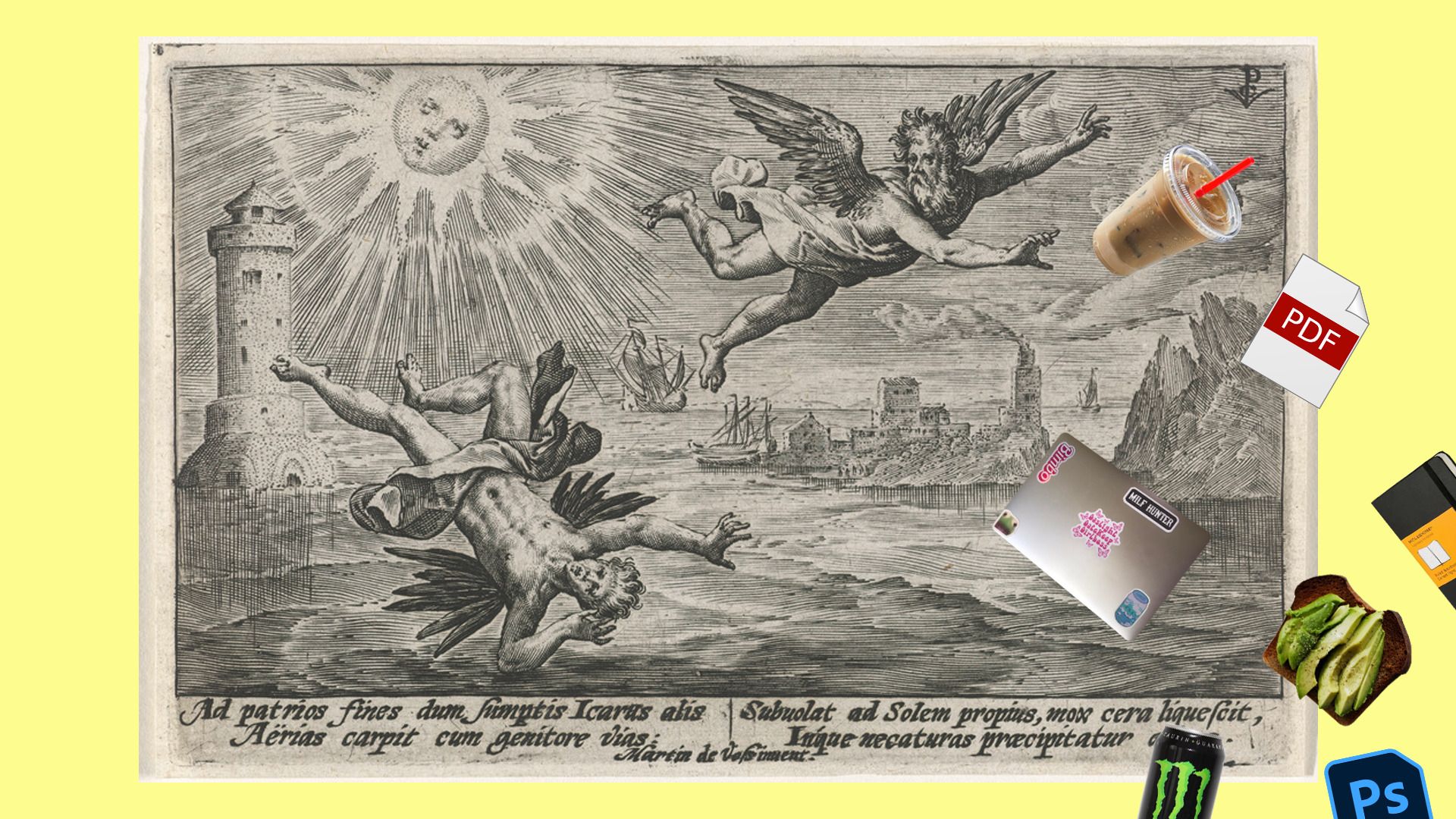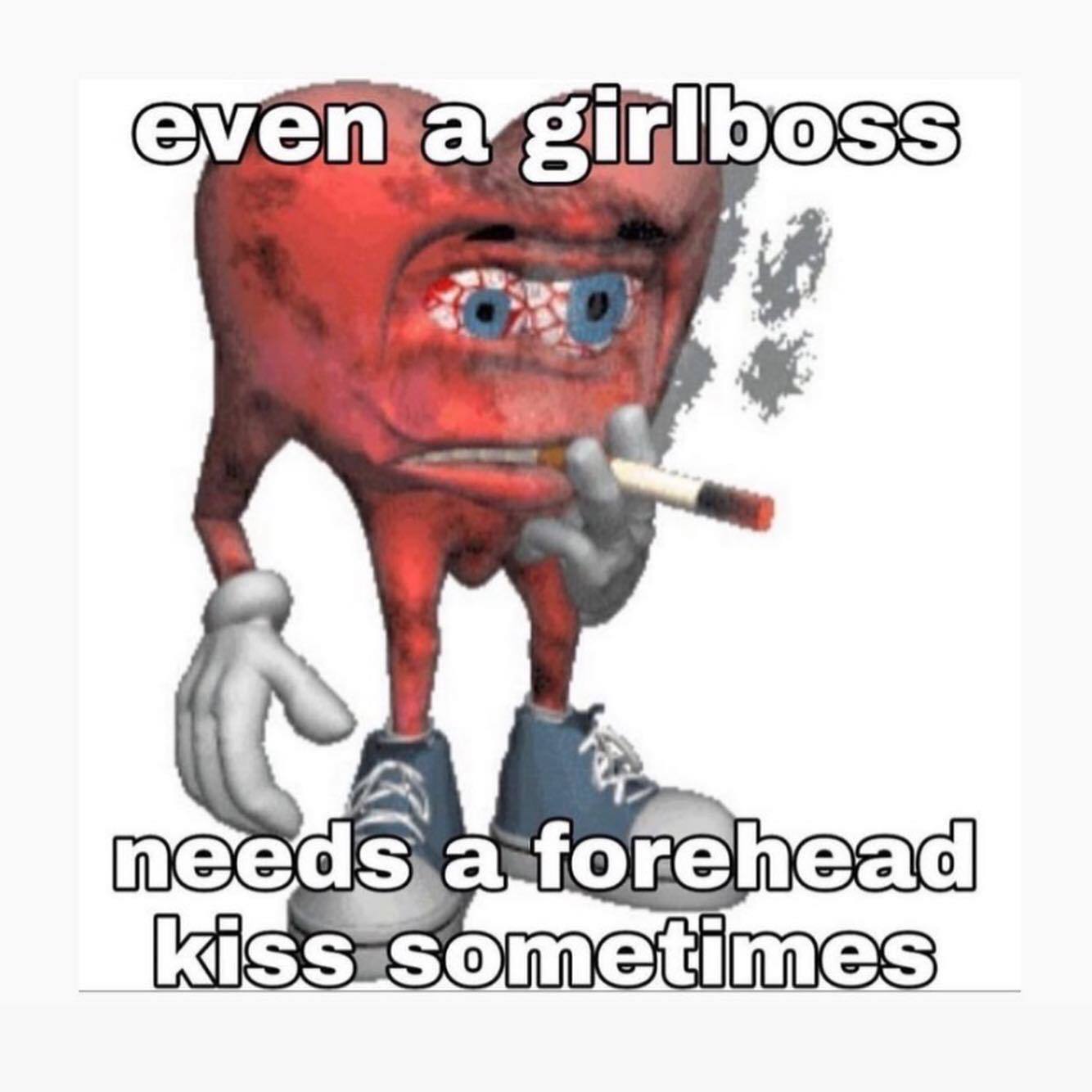For When the GurlBosses Have GurlBossed too Close to the Sun
An End-of-Year Letter from the Kaitohu. Wtf was this year, what are Pantograph up to next, and how you can support our vision of placing people at the heart of our decisions.
Dear readers,
2022 was a year of general downbuzzery – but to be honest, the vibes, as Tayi mentioned in her Issue 6 Editorial, “have been … off, for a while now.” For Aotearoa and the arts, it was as if the plot played Where’s Wally on all of us: as in… we lost it.
Much-needed investment in the sector, prompted by Covid, has shrunk back into limited-time-only funds, soon to recede entirely. As a result, long-time art orgs and artists were put on the chopping block. Wages stagnated. Everybody fell sick because of the disappearance of wise public-health measures. Enter an exodus of contractors. Audiences who choose to stay home, where it’s cosy and they don’t have to risk viral exposure. Everyone and their goat in competition with each other for a meagre slice of public-funding pie, and in the meantime, “cherry tomatoes started costing nine dollars an effing punnet”.
For Aotearoa and the arts, it was as if the plot played Where’s Wally on all of us: as in… we lost it.
I tried to stay positive. Stayed cool and professional. Couldn’t tell you how many times I cried on the phone in private. What the pandemic essentially did was worsen a litany of arts-infrastructure issues that were already in varying states of disrepair. And, like everyone else, I was completely overwhelmed and totally over it.
I feel guilty about admitting that. A guilt born out of the assumption that everyone in the arts can do more, and should be acting as a leader/activist/advocate/spokesperson/hustler/expert/pivoter to deserve to exist in the field, to be seen as making a meaningful contribution to society.
I’m bothered by this feeling that persists in the cultural ozone layer that we’ve got to go above and beyond to keep the ship afloat, in a way that perhaps doesn’t exist so acutely in other sectors. Instead of lying the eff down, weekends and downtime hours are filled with endless brainstorms, networking, conferences, sausage sizzles and strategic hui.
Credit @javiolentaposting aka the mood of 2022
It’s the undercurrent that says that passion is enough to get by, don’t get bitter now, always be grateful, pressure makes diamonds, or as Nathan Joe mentioned in his letter on behalf of Auckland Pride: “We found a way. We always do.” Even if your funding gets cut, even if your work remains under-funded, even if your staff are slashed, and your hair falls out, and Covid gives you chronic health issues. Even then, you’ll still make sure the show goes on.
It feels anathema to say, but fuck. After the shock of those major arts-funding rounds this year, I wanted to give up so badly. I was like, feeling completely and utterly demoralised. Deeply un-resilient. Um, this is too hard and should I just quit? Maybe I will retrain and throw whatever-this-career-choice-is in the bin? Can the arts please go on strike soon? It’s honestly ridiculous how hard you’ve got to slog and how many miracles are required to get by, for the promise of… what exactly? For the environmental equivalent of being inside of a uterus with a copper IUD wedged deep.
Where to, from here?
In a conversation with friend (and board member) Rosabel Tan, she mentioned that changing the narratives on the arts involves shifting away from focusing on the problems, to envisioning the future in which we want to exist.
Learning to communicate a more hopeful future for the arts is a great exercise. But when I am beaten down by fatigue, I struggle to imagine a positive future for the arts industry. In that panicked, depressive headspace I make all sorts of decisions that aren’t optimistic towards the long term.
...when I am beaten down by fatigue, I struggle to imagine a positive future for the arts industry.
I wonder if every other person in the arts in a position of accountability has felt the same as me lately – frozen. Wondering how much better they’d fare on a stable baseline. But that’s the thing, isn’t it? The crisis hasn’t gone anywhere and I’d hesitate to say we’ve adapted well to our environment.
Independent artists, freelancers and volunteers are doing their mahi on fewer dimes, on mere pockets of spare time. Practitioners who’ve sunk thousands of hours and dollars into their craft and networks to try to maintain a career in Aotearoa take their cue to exit because they are flailing, drowning, unable to stay. And when the bottom falls away and no contractors in the arts can afford to remain, we’ll wonder, where did our thriving industry go awry?
...when the bottom falls away and no contractors in the arts can afford to remain, we’ll wonder, where did our thriving industry go awry?
Admittedly, I am being downbuzz. Painting the same story of a catastrophe, which everyone is already intimately familiar with. However, as Nathan Joe mentions in ‘Everyone Is a Diversity Hire’, according to Sara Ahmed, to complain is also a political act, to become acutely aware of the gap between how things are and how you wish them.
Like most people, I’ve been pondering how we can change the way things operate – to collectivise for better, and not rely on individual martyrdom. When stress has electrocuted our nervous systems, it impairs our capacity to think creatively, to work together. And forces like capitalism know this, hence they work us into a state of near (or actual) exhaustion to reduce our ability to effectively co-create better systems.
Most major changes to occur for the arts sector have been the result of collective rallying. From outspoken arts leaders (of all ilks) hustling the charge to make the group’s needs known. That requires time, creativity and co-operation – resources that are in short supply for overstretched individuals, and for the voices still missing from these conversations.
Every burnt-out activist type will know that in order to properly advocate for better working conditions, you need the ability to look after yourself, and not offer the group more resources than you actually have behind you. What has been reinforced this year is exactly that: a need to look after people. These are the values that shape the decisions we’re making for Pantograph in the meantime.
What does Pantograph want to see?
We want a thriving culture of arts publishing in Aotearoa, one that has impact locally and overseas, one that shapes the way art and social issues are valued and discussed. We want a strong network of brilliant writers of different specialities, spread across the regions, working in tandem with smart and supportive editors across a variety of publications to produce considered, thoughtful and fucking good criticism. Writers who don’t need to compromise on style or move to Auckland or Melbourne to have their careers. Criticism that gets read, and shared, and that multiplies in effect.
We want industry scaffolding that supports you in working your way up instead of being left to rot. A structure that isn’t the one we live in now – which relies on individuals who’re pushed to burn out; on underpaid contractors and volunteers doing the heavy lifting. We want to see employment benefits for freelancers, and mental health for art workers treated seriously – especially if 'wellbeing' is the word being strung around as to why the arts have impact. We want the energy to dream up different scenarios for how the sector or world could operate, for radical play, for creativity.
This year we’ve been evolving on the low-down, and assessing the results of our experiments. We tried out new types of content, different staffing models and editorial structures. Some stuff worked and some of it didn’t, but it was all valuable learning. Behind the scenes we’ve also been updating our platform, dreaming up a membership campaign and merch with collaborators that’ll be retailed in our online store. We’re excited to announce these in early 2023 and bring back in-person events to celebrate.
I’m not gonna lie, it’s been mammoth to run our programmes on a patchwork team of pretty much all new, all part-time staff. The old-time pressure to do it all really reared its head. Pennies = pinched. But running on empty isn’t what’s best for us and, just like our friends at Silo, it’s not how we wanna roll going into 2023.
...running on empty isn’t what’s best for us and it’s not how we wanna roll going into 2023.
Pantograph’s staff and contributors are not volunteers. That’s something that we’ve worked hard to ensure. However, without receiving the increase in funding for 2023–25 that we’d hoped for, we’re looking to rescale our operations in the new year to fit the capacity that we actually have as a team: because we want staff members who are paid for the hours they actually work. Because we want our contributors to be looked after properly. Because we want to be publishing superb, stylish and thought-provoking writing. Growth to us doesn’t mean getting larger quickly, it means right-sizing our scale to ensure people are at the centre of our decisions and our vision is sustainable. So that we can continue to have fun, prioritise quality, and dream up new and better for online arts publishing.
The Season of Giving
So, for Christmas, we’d love your support – if you’ve liked something we’ve done or published recently, if you respect the decision to slow down and take stock, consider throwing us a one-off or monthly donation! After working continually across the pandemic, our Pantograph kaimahi need time to recalibrate, to set ourselves up for the challenges (and good times) ahead – and we hope you’ll continue to support us through this quieter period of 2023, in setting down those lines in the sand.
With love,
Van
If you’ve got the means, consider making a donation (of any amount) by direct debit to our New Zealand bank account:
*
The Pantograph Punch Trust
12-3427-0317051-00
You can also donate via Stripe by clicking here.
Thank you for continuing to read us, share us, and shape us.
Header image: De val van Icarus, Crispijn van de Passe (I), after Maerten de Vos, 1602 - 1607. Sourced from Rijksmuseum. Collage elements by Pantograph Punch.



